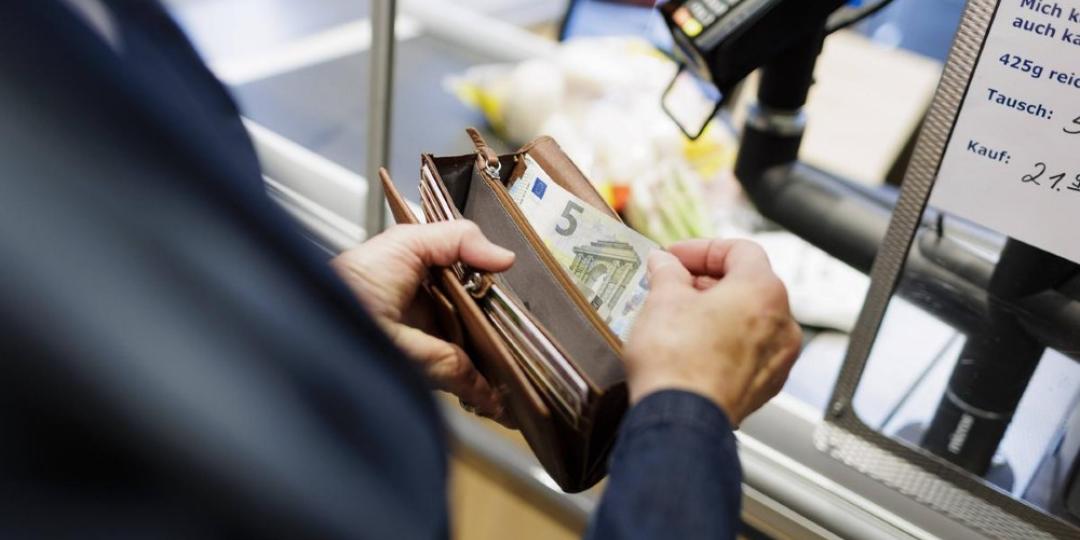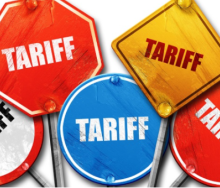Consumer confidence has been hit hard, right down to near-record lows last seen during the height of the devastating Covid-19 lockdown and deadly floods, but this time it is due to the electricity crisis and rising cost of living.
This is according to the latest FNB/BER Consumer Confidence Index (CCI) released on Thursday, which recorded plunging consumer confidence to a low of -23 index points in the first quarter of 2023, the third lowest reading since the dawn of democracy in 1994, and showed affluent consumer confidence diving to 1995 lows. This comes after overall consumer confidence earlier buoyed from -20 to -8 index points during the fourth quarter of 2022.
“The latest reading is broadly in line with the extraordinarily weak consumer confidence level recorded during the third quarter of 2020, also -23, during a time of level 3 Covid restrictions, alcohol bans, school closures and curfews, as well as the second quarter of 2022 (-25) when deadly floods devastated KwaZulu Natal and the economic ramifications of the Ukrainian war started to manifest,” FNB and BER economists noted.
Economists said the recent readings of -23 were the third-lowest CCI reading on record since 1994 and “indicative of extreme concern among consumers about South Africa’s economic prospects and their household finances”.
All three sub-indices of the CCI declined dramatically during the period. The economic outlook and time-to-buy durable goods sub-indices dropped by 15 and 17 points respectively, to -34, indicating consumers expect a deterioration in the economy over the next 12 months, and that it is a “highly inappropriate” time buy vehicles, furniture, household appliances and electronic goods.
A more detailed breakdown showed that confidence levels of high-income households, earning more than R20 000 per month, deteriorated most during the first quarter, crashing from -10 to -31 index points. Bar the reading of -33 recorded during the initial panicked Level 5 lockdown period during the second quarter of 2020, this is the lowest reading for high-income confidence since 1995.
According to the index, affluent consumers are especially concerned about the outlook for the economy, as their confidence dropped -18 to a new historic low of -51 in the first quarter. The confidence levels of middle-income households, earning between R5 000 and R20 000 per month, dropped from -6 to -21, while low-income confidence of households earning less than R5 000 slumped from -6 to -17 index points.
Commenting on the index findings, FNB Chief Economist, Mamello Matikinca-Ngwenya blamed plunging confidence on the electricity crisis and rising cost of living.
"The alarming increase in power outages since December and the concomitant deterioration in South Africa’s economic prospects no doubt rocked consumer sentiment during the first quarter. Spiralling food prices, another interest rate hike, and a sharp depreciation in the rand exchange rate likely added insult to injury. However, further job creation in the still-recovering services sector may have softened the blow to low and middle income confidence,” Matikinca-Ngwenya said.
The big drop in the FNB/BER Consumer Confidence Index mirrors the substantial deterioration in retailer sentiment during the first quarter – the BER’s retailer confidence index contracted from 42 to 34 index points, the weakest level since the second quarter of 2020.
“The about-turn in consumer confidence points to a marked decline in consumers’ willingness to spend and foreshadows a significant slowdown in real consumer spending growth relative to the surprisingly strong rate recorded during the fourth quarter. The fact that high-income confidence declined the most is doubly alarming for the outlook for household expenditure, as affluent consumers also have the greatest spending power,” Matikinca-Ngwenya said.













